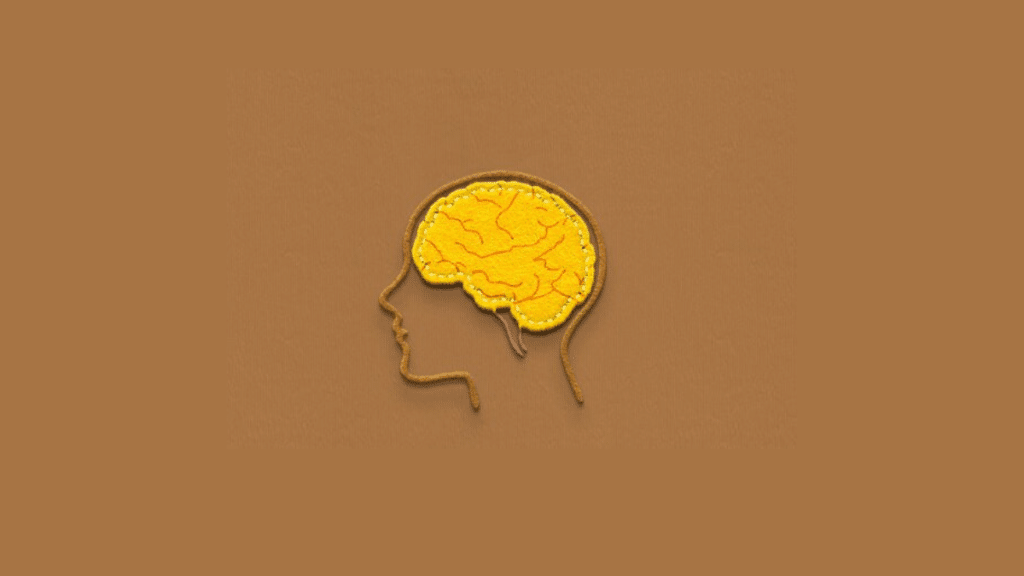Alcohol is one of the most widely used substances worldwide. Many people enjoy a drink at social gatherings, family dinners, or alone. While moderate drinking might seem harmless, it’s important to understand how alcohol affects our brains and nervous systems over time. Knowing the long-term impacts can help you make smarter choices and seek help if needed. Alcohol doesn’t just cause a buzz; it can cause lasting damage that sticks around long after the last sip. Learn how Orange County Rehab can help you regain control and health.
How Alcohol Affects the Brain: An Overview
When alcohol enters your body, it quickly reaches the brain. It changes how your brain communicates. By altering neurotransmitter activity, alcohol affects your mood, thoughts, and behaviors.
Neurochemical Impact of Alcohol
Alcohol mainly affects three key chemical systems in the brain:
- GABA: Alcohol increases GABA activity, making you feel relaxed and sleepy. But too much can slow brain activity too much.
- Glutamate: Alcohol blocks glutamate, which usually excites brain cells. This causes impairments in memory and coordination.
- Dopamine: Drinking increases dopamine, giving you feelings of pleasure. Over time, this disrupts the brain’s reward system.
These changes explain why alcohol can make you feel happy, but also why heavy drinking can lead to long-lasting mental health issues.
Structural Brain Changes from Chronic Alcohol Use
Long-term drinking doesn’t just affect chemicals—physical parts of the brain can change too. Chronic alcohol use often leads to:
- Shrinkage of the frontal lobe, which controls decision-making and judgment.
- Loss of white and gray matter, the tissue responsible for nerve communication.
- Possible irreversible damage, which can leave lasting effects.
Repeated alcohol abuse harms the brain’s ability to learn, remember, and process information effectively.
Cognitive and Emotional Consequences of Long-Term Alcohol Use
Many people don’t realize that alcohol use can diminish mental sharpness over time. As habits continue, cognitive functions become weaker, and emotional regulation may falter.
Memory, Attention, and Executive Function Impairments
Years of heavy drinking can cause:
- Memory problems, especially with forming new memories.
- Difficulty focusing or paying attention.
- Impaired decision-making and problem-solving skills.
Neuroimaging studies show that alcohol damages parts of the brain responsible for these tasks. Thankfully, with abstinence and therapy, some improvements are possible. Active mental exercises and proper sleep can boost recovery.
Mood Disorders and Anxiety
Alcohol is linked to a higher risk of depression and anxiety. It disrupts neurobiological pathways, making it harder to regulate emotions.
Many people find that alcohol temporarily masks problems, but long-term, it worsens mood swings and mental health issues. Approaches like counseling, medication, and mindfulness practices help build resilience and emotional strength.
Alcohol-Induced Nervous System Damage
Your nervous system, which controls everything from muscle movement to sensing pain, isn’t safe from alcohol harm. Both central and peripheral nerves suffer.
Peripheral Nervous System and Neuropathy
Alcohol can damage peripheral nerves, leading to alcoholic neuropathy:
- Tingling or numbness in hands and feet
- Burning sensations
- Muscle weakness
This nerve damage usually worsens with continued drinking. Proper medical care and avoiding alcohol can prevent or slow progress.
Central Nervous System Disorders
Heavy drinking increases the risk of Wernicke-Korsakoff syndrome, a serious brain disorder caused by vitamin deficiency, especially B1. Symptoms include:
- Confusion
- Loss of coordination
- Memory loss
Long-term alcohol use also affects motor skills, making balance difficult or causing tremors. Cases vary, but early treatment can help reduce these risks.
Risk Factors and Vulnerable Populations
Not everyone is affected equally by alcohol’s long-term effects. Genetics, age, and drinking habits play major roles.
Genetic and Environmental Influences
Studies show some people have genetic links that make them more vulnerable to alcohol’s brain damage. For example, twin research reveals differences based on inherited traits. Environment also matters—stress, diet, and social support can influence outcomes.
Youth and Adolescents
Young brains are more plastic, meaning they change rapidly. Drinking during adolescence can have long-lasting effects:
- Disrupts brain development
- Leads to poorer academic and social outcomes
- Increases chances of developing addiction later
Preventing underage drinking is vital. Early education helps protect young minds from future harm.
Recovery and Mitigation Strategies
While damage from alcohol can be serious, recovery is possible with the right approach. Early intervention makes a difference.
Medical Treatments and Neurorehabilitation
Options include:
- Medications: To reduce cravings and manage withdrawal.
- Therapy: Cognitive-behavioral approaches help rebuild mental strength.
- Support groups: offer community and accountability.
Neuroplasticity means the brain can repair itself, especially if you act early. Some functions recover significantly over time.
Lifestyle Changes and Prevention
Simple habits support brain health:
- Eat nutritious foods rich in vitamins and antioxidants.
- Exercise regularly to boost blood flow and nerve function.
- Keep your mind active through puzzles or learning new skills.
- Seek mental health support when needed.
- Avoid relapse by building resilience and sticking to healthier routines.
Conclusion
The long-term effects of alcohol on the brain and nervous system are profound. It can cause irreversible damage, impair cognition, and trigger emotional struggles. But understanding these risks encourages smarter choices and prompt action when needed. Protect your brain by drinking responsibly, staying informed, and seeking help if alcohol has become a problem. Your future self will thank you for it. Taking steps now can truly make a difference in preserving your mental and neurological health.
